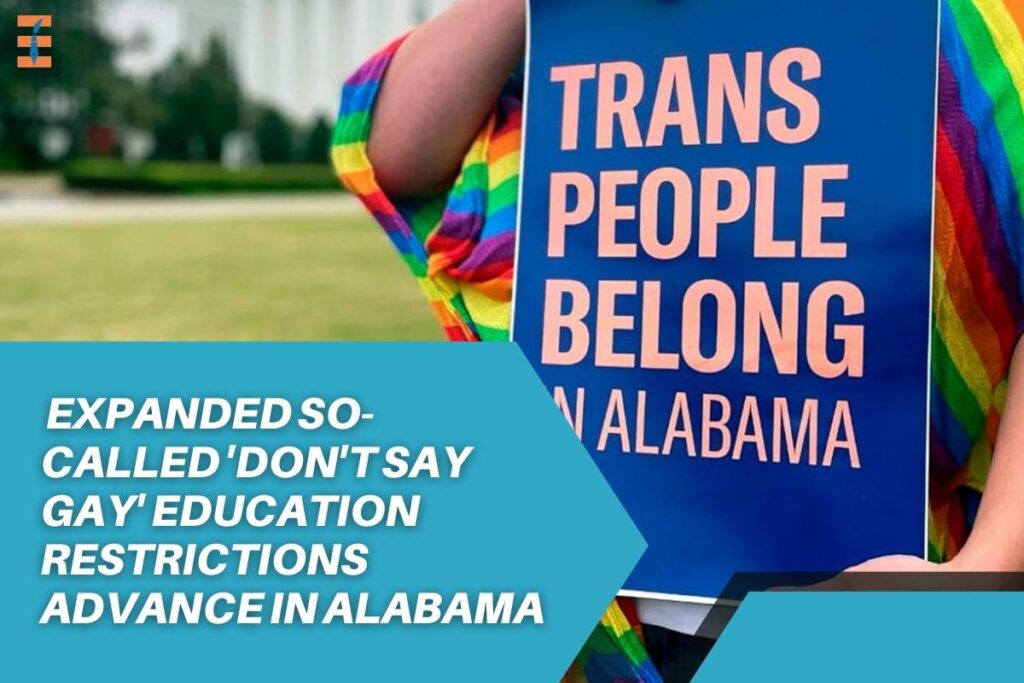A bill aimed at furthering education restrictions on discussions of “gender identity or sexual orientation” in public schools is progressing in the Alabama legislature, passing the state House on Tuesday.
Alabama’s current law already places limitations on discussions surrounding sexual orientation and gender identity in classrooms for kindergarten through fifth grade, emphasizing age and development appropriateness. However, the proposed bill seeks to expand these education restrictions to eighth grade, also banning the display of flags representing sexual orientations or gender identities in K-12 schools.
Gender identity, as defined by the Centers for Disease Control and Prevention (CDC), is “an individual’s sense of their self as man, woman, transgender, or something else.” On the other hand, sexual orientation refers to “a person’s sexual and emotional attraction to another person and the behavior and/or social affiliation that may result from this attraction,” as per the CDC.
State Rep. Mack Butler, the bill’s sponsor, expressed concerns about what he termed as “indoctrination” in schools, mentioning that the bill aims to “purify the schools.” He also made references to Marxist ideologies, suggesting that certain teachings are detrimental to traditional family values and should not occur within school environments.
Controversial ‘Don’t Say Gay’ Bill Under Fire
Critics of the bill, often referred to as “Don’t Say Gay” legislation, highlight potential broader implications. They argue that such education restrictions could hinder conversations not just about LGBTQ identities but also about broader gender and sexuality issues affecting all students. Moreover, concerns have been raised regarding potential infringements on the First Amendment rights of both students and educators, potentially leading to the silencing of LGBTQ voices within educational settings.
The ACLU of Alabama has been particularly vocal against HB130, expressing concerns about its impact on inclusive discussions within classrooms. They argue that open and inclusive dialogue is crucial for students’ holistic development and understanding of diverse perspectives.
This bill’s trajectory echoes a similar contentious law in Florida, which garnered nationwide attention and sparked discussions about LGBTQ rights in educational settings. However, a recent legal settlement in Florida offered a nuanced approach. While formal curriculum discussions about LGBTQ topics remain restricted, students and educators can engage in such conversations or include LGBTQ themes in their work, under the judge’s ruling.
Alabama Bill Sparks Debate on LGBTQ Discussions in Schools
This decision has been seen as a compromise, with supporters highlighting the importance of maintaining educational standards while also respecting students’ and teachers’ rights to expression and discussion. However, opponents continue to voice concerns about potential limitations on vital conversations about LGBTQ identities and issues within schools.
As the Alabama bill progresses through legislative channels, stakeholders from both sides of the debate are gearing up for further discussions and potential legal challenges. The outcome of this legislation could have far-reaching implications not just for Alabama but also for broader conversations about LGBTQ rights and inclusivity in educational institutions across the United States.










